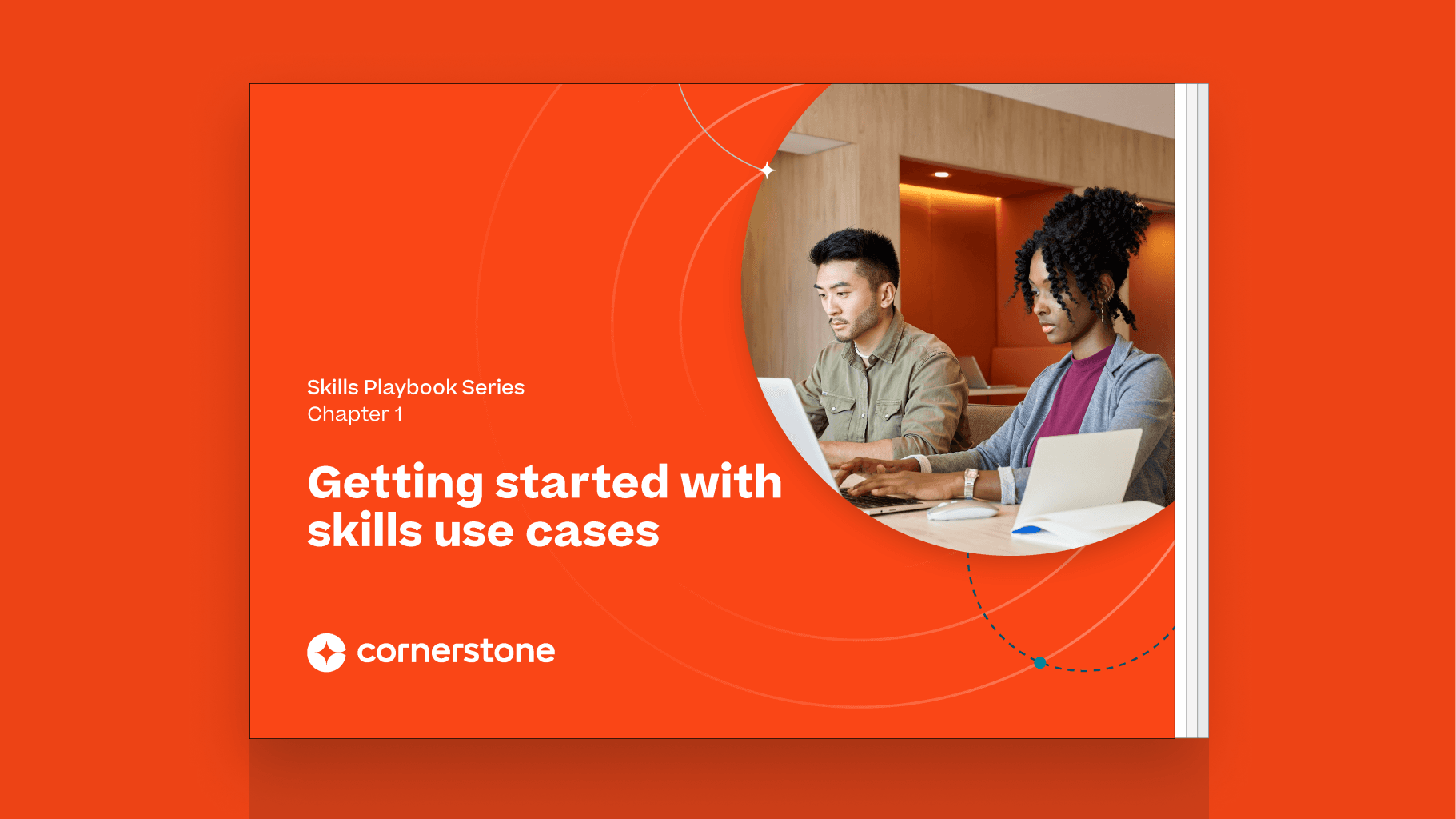Though 2020 began as any other year, it turned out to be one that brought massive transformation to the workforce at an unexpected rate. While many employers were already becoming aware of skills gaps emerging at their organizations and across industries—driven in large part by the introduction of new technology—these gaps became increasingly glaring when businesses had to practice organizational agility and shift to remote work. Still, employers remained confident about their ability to help their workers develop skills crucial to their roles. But what about employees and their development goals? Our research shows they’re much less sure.
Through a global research effort, our team at the Cornerstone People Research Lab (CPRL) set out to understand how organizations were tackling reskilling and newskilling. At the height of the COVID-19 pandemic, CPRL surveyed 1,000 employees and 500 C-level executives and HR managers from around the world about their views on skills development in the modern workplace.
The findings, shared in our report, "A License to Skill: Embracing the Reskilling Revolution, showed that a notable 90% of leaders felt confident when asked how they feel about their ability to develop the skills of their employees. And, when we asked them how equipped they feel about new skill development, 87% believe they are adequately equipped, which is reflective of the investments they have made over the last several years.
Employees, meanwhile, see a different narrative unfolding—only 60% of employees were sure that their organizations could do the job of reskilling them effectively, and only 62% felt equipped with the resources necessary for learning. Employees also felt like they didn’t have enough time or direction to consume the learning materials that their organization provided. This perceived uncertainty is to be expected—it’s driven by the technological changes and the new workspaces we find ourselves in. The recent World Economic Forum Future of Work report, for instance, states that "by 2025, the time spent on current tasks at work by humans and machines will be equal." Employees know the currency of their skill sets is in constant flux.
What do these findings show? That it’s not enough for organizations to just invest in learning and organizational development. Instead, they must think holistically about their organizational learning culture to create positive change, encourage new skilling and build organizational agility. One simple way to change how employees engage with learning is to make it readily available within the flow of work, so that they can lean on development tools at the moment they most need them, in addition to encouraging dedicated learning time so that it’s seen as "part of" work, not "apart from" the work. The key is to embed learning throughout the organization, behave with clarity on changing skill needs and create a culture of development, where skills development is not only a core value, but is also fostered through strong leadership.
For more on the global skills research, please download our report "A License to Skill: Embracing the Reskilling Revolution."

